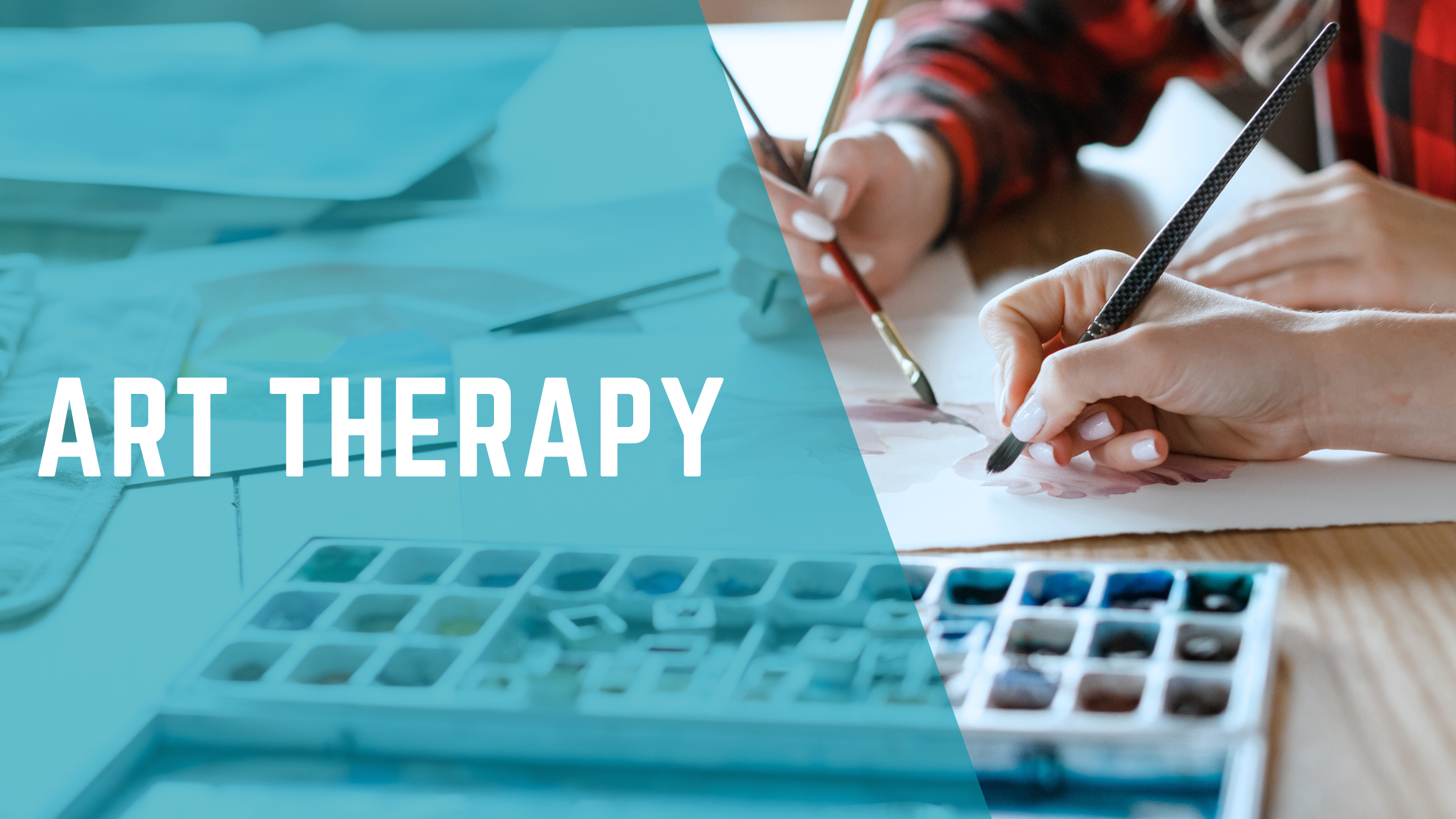Art Therapy

What is Art Therapy?
Art therapy combines art and therapy to improve mental health. It’s not about being a good artist – it’s about using creativity to explore emotions and stress. An art therapist guides you through using art to express your feelings, whether you’re painting, drawing, or doing something else. The goal is not to create a perfect picture but to use the process to help you understand your emotions better.
Art therapy is a way of healing that uses art, like drawing, painting, or sculpting, to help people express their feelings and deal with tough emotions. For people recovering from injuries, like motorcyclists after an accident, it can be a helpful tool for dealing with the emotional side of recovery. Instead of focusing just on talking, art therapy lets you express feelings through creative work. This can help you process emotions you may find hard to explain in words.
What Is Art Therapy Good For?
Art therapy can help with many emotional and mental health challenges, such as:
- Healing from Trauma: If you’ve been in an accident, art therapy can help you deal with feelings of anger, sadness, or fear.
- Managing Stress and Anxiety: Art can help lower stress and anxiety by letting you focus on something calming and creative.
- Depression: If you’re feeling low or overwhelmed, creating art can help you express what’s going on inside, making it easier to understand and manage those feelings.
- Pain Management: Dealing with physical pain can affect your mental health, too. Art therapy helps you focus on expressing emotions rather than just focusing on pain.
- Building Confidence: If your self-esteem has been affected by your accident or recovery, art therapy can help you reconnect with yourself and regain confidence.
Who Would Art Therapy Help?
Art therapy is great for many different people, but it’s especially helpful for:
- Those Who Struggle to Talk About Emotions: If you find it difficult to express your feelings, art gives you another way to express yourself.
- People Recovering from Trauma: If you’ve been in an accident or experienced trauma, art therapy can be a gentle way to process your emotions.
- Anyone with Anxiety, Depression, or PTSD: Art therapy can help manage the effects of stress, anxiety, depression, or PTSD.
- Children or Teens: Art therapy can be especially helpful for younger people who may not have the words to express themselves.
- People Living with Disabilities or Chronic Pain: If your recovery involves physical challenges, art therapy can help you work through the emotional side of your condition.
Is Art Therapy Available on the NHS?
Art therapy can be available on the NHS but is not always offered in every area. You can ask your GP for a referral to art therapy services if it could help you. However, keep in mind that waiting lists may apply, and art therapy might only be available for specific conditions, such as mental health issues or trauma recovery.
Charities and Organisations Offering Art Therapy
In the UK, several charities and organisations offer art therapy, especially for people dealing with injury or trauma recovery:
| Organisation/Service | Description | How to Access |
|---|---|---|
| British Association of Art Therapists (BAAT) | National organisation to help you find licensed art therapists and offers guidance on therapy services. | Visit their website to search for accredited art therapists in your area. |
| Headway – The Brain Injury Association | Provides support and therapy, including art therapy, for individuals recovering from brain injuries. | Visit Headway’s website for information on services available for brain injury recovery. |
| The Stroke Association | Offers art therapy as part of its stroke recovery services, supporting the emotional aspects of recovery. | Check The Stroke Association’s website for details on accessing art therapy for stroke survivors. |
| Mind | Well-known mental health charity offering art therapy to help individuals manage mental health issues. | Visit Mind’s website for details on mental health services, including art therapy. |
| Your GP | Your general doctor can refer you to NHS mental health services that offer art therapy. | Book an appointment with your GP to discuss mental health support and ask for a referral to art therapy. |
| Private Art Therapy | Some individuals may see a private art therapist for more tailored care. | Search online or ask your healthcare provider for recommendations of private art therapists in your area. |
Art Therapy is Not Just for Children
A common myth about art therapy is that it’s only for children, but that couldn’t be further from the truth. While art therapy can be a helpful tool for young people, it is equally beneficial for adults of all ages. Art therapy provides a creative outlet for people to express emotions that might be hard to put into words, making it especially useful for individuals recovering from trauma, dealing with mental health issues, or managing chronic conditions.
Whether you’re struggling with anxiety, depression, or the emotional aspects of physical recovery, art therapy can offer a safe and effective way to explore feelings and improve mental well-being, regardless of age. Art therapy offers a creative way to heal, especially if recovering from an accident or dealing with emotional challenges. By using art to express your feelings, you can better understand your emotions and begin to heal from the inside out. If you want to try art therapy, consider options through the NHS, private therapists, or local charities. It can be a great addition to your recovery journey, offering emotional and creative support during difficult times.
Disclaimer:
This website is not intended to replace professional services or provide legal advice. It is designed to offer general information and guide you in the right direction, helping you understand key topics related to motorcycle accidents. Please consult a qualified professional for specific legal, medical, or financial advice.